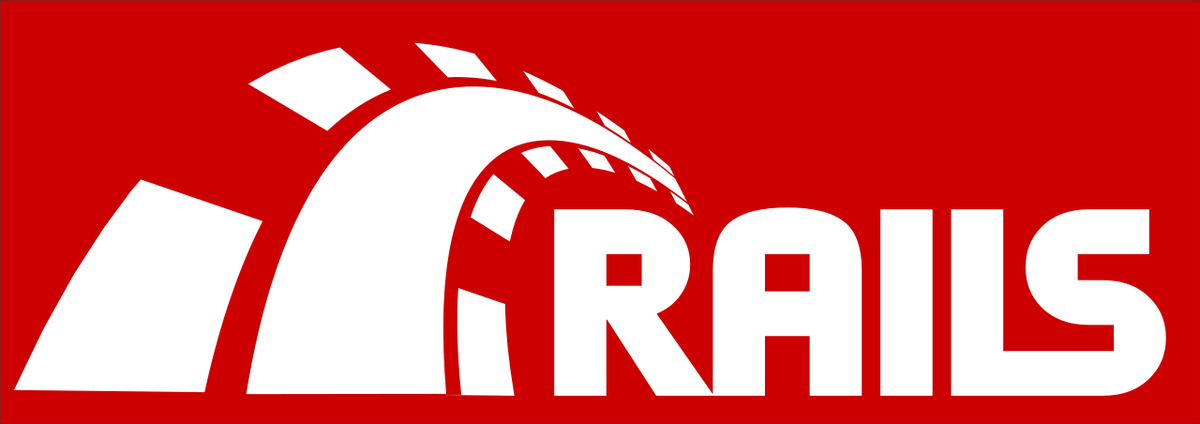Introduction to Ruby-on-Rails
Very often, tech startups get stuck up in choosing a programming language that’s fit for their web development project. A wide array of options available like Node.js, Angular, React amidst many more, can confuse even the most informed business heads.
The wrong choice of programming technology can result in issues with debugging, documenting, bug fixing, and productivity. Such problems that stem from poor performance and customer dissatisfaction result in losses for the business.
It is important to note that ‘profitability’ & ‘productivity’ are the two keywords that drive successful businesses. Ruby-on-Rails is an open source full-stack web application framework that allows app developers to build a variety of business web-based software cost-effectively within short durations.
The framework leverages the Model/View/Controller (MVC) architecture pattern. Ruby-on-Rails framework is based on principles like“Convention over Configuration” (CoC), and “Don’t Repeat Yourself” (DRY). CoC is a software design paradigm that boosts developer productivity. The DRY principle allows the application of the agile methodology in the development process.
Why is Ruby-on-Rails a Fine Choice for Development?
- Fast-Paced Development
When it comes to development speed, RoR has no alternatives. With RoR, developers can build apps in 40% less time as compared to when they use other stacks. It is the reason why businesses who intend to launch an MVP prefer using RoR as their framework. The programming language Ruby follows the principle of least astonishment (POLA) to minimize confusion for its users.
Developers working with RoR are averse of repetitive coding and thus enjoy shorter development timelines. CoC and DRY principles when combined work magnificently to enhance developer productivity. Reduced workload, thanks to RoR, results in fast-paced development.
- Business Logic Implementation
Business logic comprises of business domain description, i.e. a set of domain models and their relations along with business operations that define the logic of how we create, destroy, and modify stuff in our system. When a developer has to implement increasingly complex business logic, callbacks hamper the readability of the code. Sometimes, the business logic applied during the creation of an object gets mixed with the logic created after its editing.
Developers should remove some of the logic of the models to other classes. Using interactor, a simple, single-purpose object, developers can easily encapsulate an application’s business logic. Each interactor used in an application represents one thing that your application does.
- Large Library
There is a massive library of gems developed by the RoR community. It is why Ruby-on-Rail needs to be the preferred choice for your business. These gems allow for the smooth implementation of many features or “bridges” between your app and external services.
They ease the development of applications on the whole. What is praiseworthy is that most gems are available for free even for commercial use. Whenever a developer finds it challenging to develop a specific feature or implementing external application within a business app, these ready-to-use gems come to the rescue.
- Flexibility
All businesses could use certain modifications in their application in response to customer’s feedback. Developing an application with Ruby-on-Rails allows a high degree of flexibility, allowing easy alterations in the product.
Businesses that Excel with Ruby-on-Rails Integration
Here is a brief description of the type of web projects/applications that can benefit from being developed in Ruby on Rails. Use RoR as your preferred tech stack if your business revolves around:
- Custom Web Applications
Custom applications such as e-commerce solutions or services with the contents like music, videos or streaming, perform well when built with Ruby-on-Rails. If your business project operates through unique specifications and requires custom tailor-made solutions, RoR is the way forward.
- Functionality Rich Web Services
An application that features several different functionalities such as; a community platform, cms, forums, geolocation, blogs, or a solution with a combination of a news service, a media content platform, a CRM, and a community service. Ruby on Rails makes a suitable choice offering flexibility for the task.
- Applications with Short Time to Market
Very often, a business needs to launch apps, and the cost of delay is high. Ruby-on-Rails offers the fastest execution through its CoC and DRY principles.
- Prototyping Web Applications
The efficiency of speed and flexibility of RoR projects provides an excellent prototyping opportunity for applications. Building prototypes with tools such as Axure, Balsamiq Mockups, or Protoshare incurs much more time as compared to the time taken to build an RoR prototype.
- Subscription-based Applications
Businesses that feature a membership only or subscription-based application, Ruby on Rails, can be the right fit. It allows easy creation of social networks and websites with subscription options with its wide range of plugins that are for this specific purpose.
- E-commerce solutions
The massive library features useful gems for every e-commerce feature that a developer could need. Choosing Ruby on Rails to start an eCommerce business reduces development costs and time considerably. With the help of Gems, one can introduce functionalities like setting up a payment gateway, marketing emailing campaigns, help desks, and many more.
Conclusion
Today, it is evident that RoR is a trusted choice of many software developers, and rightly so. There is a certain pragmatism entwined into the tech stack that allows the production of elegant solutions. The rails framework works well for state-of-the-art public websites that compete with Single Page JavaScript applications as well as complex enterprise core system applications laced with a ton of complicated business rules and logic.
We hope this concise article helps you decide if Ruby-on-Rails is the best option for your business.









